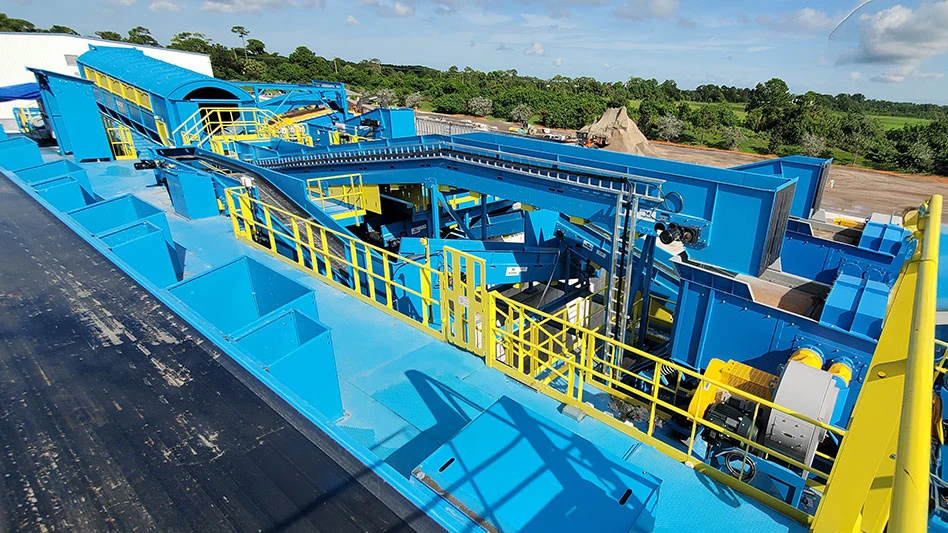The recycling industry used to be such a quiet business. Scrap recyclers  operated in out-of-the-way places. Although they have always provided a valuable service, until recently, they were most likely not used to getting any coverage from the regular press.
operated in out-of-the-way places. Although they have always provided a valuable service, until recently, they were most likely not used to getting any coverage from the regular press.
However, throughout the past several years, the recycling industry, especially scrap metal recycling, has been garnering a greater amount of attention—some flattering, some not so good.
First, the "bad." The conflagration of high scrap metal prices and drug problems has created an epidemic of scrap metal theft that continues to torment cities across the country. Legislation, issued by cities as well as by states, is being introduced. Many scrap metal dealers have already enacted some of the procedures specified by such legislation, such as photographing sellers and requiring identification. However, other legislative mandates are more worrisome. For instance, requiring incoming material to be tagged and held for seven days or even longer could imperil many scrap metal dealers. Also, some legislators have proposed mandating that dealers pay sellers by mailing them checks rather than by offering cash on the spot. Far from being a benign change, this would most likely have a significant negative impact on scrap metal companies that handle a significant amount of peddler traffic. Some such legislative initiatives have been defeated. But, as long as theft continues to plague the industry, some legislators, possibly looking for an easy target, will broadly paint all scrap metal recyclers as dishonest.
Now for the "good." There seems to be significant interest in the scrap industry as an investment vehicle. While only a handful of metal recyclers are publicly traded, private equity firms are exploring the possibility of making strategic acquisitions of large scrap metal recycling firms.
It may be too early to say this is a trend, but investment houses are looking at the economic viability of scrap metal recycling operations. And, as long as the metals industry remains fairly healthy, it is likely to attract the interest of private equity firms and venture capitalists that are looking for investment opportunities.
On to the "ugly." While the scrap industry has been fairly healthy, it hasn’t been helped much by two of the linchpins of the U.S. economy, the domestic auto and housing industries. Both sectors are in the midst of significant struggles. And, unfortunately, many of the tea-leaf prognosticators do not foresee a strong bounce-back in the near term.
While these sectors are presently ugly, the U.S. economy is showing resilience, which has been a boon to the scrap industry. But, then again, in light of the challenges the scrap metal industry has faced throughout the decades, market ups and downs are just part of doing business.

Explore the August 2007 Issue
Check out more from this issue and find your next story to read.
Latest from Recycling Today
- Greenwave raises revenue but loses money in Q2 2025
- Recycled steel prices hold steady
- EY says India’s need for scrap imports will continue
- Coming full circle
- Amcor, DCM introduce fertilizer packaging with 35 percent recycled content
- Comstock Metals gets closer to commissioning commercial-scale solar panel recycling facility
- Washington selects Circular Action Alliance as PRO
- Smurfit Westrock expands in Latin America





